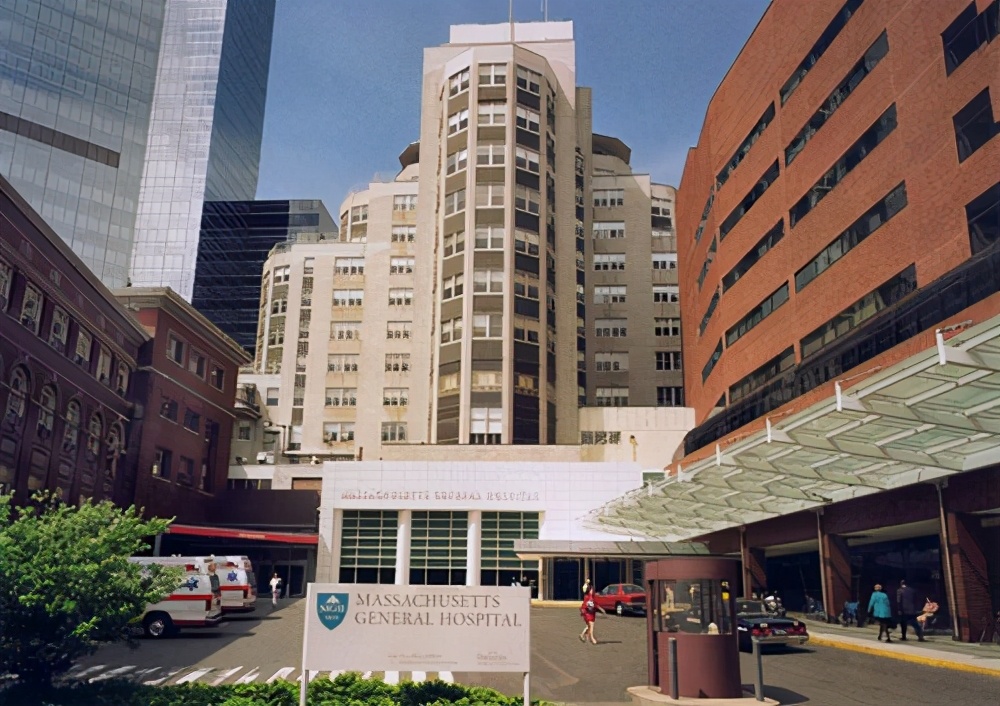
麻省总医院(Massachusetts General Hospital)建立于1811年,是坐落于波士顿的一家综合型医院。麻省总医院是美国历史悠久的医院之一,也是哈佛大学医学院下属的教学医院。
想要出国访问学习的小伙伴看过来啦,麻省总医院麻醉、生物医学工程、计算神经科学、神经学、神经外科、物理医学与康复、精神病学、放射学方向正在招收访问学者、博士后!51访学网小编每周定时更新最新的访学招聘信息,感谢关注51访学。
NINDS T32 Postdoctoral Training Program in Recovery and Restoration of CNS Health and Function
The goal of this exciting multidisciplinary, multi-institutional training program based at Massachusetts General Hospital and the School of Engineering and the Carney Institute for Brain Science at Brown University is to enhance recovery from disabling brain injuries by filling a pressing need for clinician-scientists and neuroengineers trained to leverage the computational neurosciences and to develop and test device-based and other interventions for patients.
We seek post-doctoral (PhD) or a visiting scholar neuroengineers/computational neuroscientists and post-doctoral (MD or MD/PhD) clinician-scientists to train under a multidisciplinary training faculty from anesthesia, biomedical engineering, computational neuroscience, neurology, neurosurgery, physical medicine and rehabilitation, psychiatry, and radiology.
This program is designed to meet individual objectives.
Research projects must be within at least one of the following four thematic areas:
- Clinical research and clinical trials
- Computational neuroscience
- From neural recording to neural imaging
- Neural repair and neuromodulation
The program’s core is a group of collaborative, multidisciplinary faculty mentors in engineering and the clinical neurosciences.
We develop future academic researchers who have expertise in both engineering and clinical neuroscience, and who can communicate effectively across these domains.
Program Components
- At least 80% of time spent on conducting a closely-mentored, independent research project in the laboratory of trainee’s primary mentor, and learning to collaborate with others (secondary mentor) as part of a multi-disciplinary team
- Attend targeted seminars, journal clubs, visiting scholar talks, monthly lunches
- Writing & Presenting – instruction and practice
Professional skills workshops
- Attend Grand Rounds in the clinical specialty related to trainee research when relevant topics are being presented
- Spend no more than 20% of time on clinical care
- Participate in weekly lab meetings, in tutorials with the lab director related to their research and in all other lab activities.
- Develop and perfect proposals for K-awards or the equivalent during Year 2 of the fellowship
- One course per year (audit or pass/fail) in advanced engineering or clinical trials methods in the fellow’s area of interest. The Program Director can waive or adjust this requirement for trainees.
Application Guidelines
Fellowship Positions Available:
- Post-doctoral neuroengineer/computational neuroscientist (PhD fellow)
- Post-doctoral clinician-scientist (MD or MD/PhD clinical fellow)
- Eligible trainees will be supported for 2 years and must be U.S. Citizens or Permanent Residents (Green Card holder).
- Identify a T32 mentor or, if your intended primary mentor is not listed as a T32 faculty member on the below list, please choose a T32 faculty member as a co-mentor prior to applying. This T32 is intended to provide a substantially new experience for its fellows. While collaboration amongst labs is encouraged, we generally expect that the primary mentor and lab will be different from the applicant’s current mentor/lab.
- In cases where the applicant wishes to propose continuing in their current lab, s/he must make a clear case that the proposal is a departure from the current line of work
- With the help of your mentor, and possibly co-mentor, design a project that fits the objectives and components of this training program.
- Submit your current CV, a 2 page Letter of Intent (including aims, the methods for proposed project, and a plan for progression to independent funding after the project is completed), and your mentor’s and co-mentor’s NIH Biosketch to Isabel Davis, idavis3@mgh.harvard.edu, along with the names of three referees who have agreed to be contacted as references.
- The fellowship can support up to four fellows simultaneously (generally two 1st year and two 2nd year fellows).
- For accepted fellows, start dates are negotiated with the Program Director and the primary mentor.













